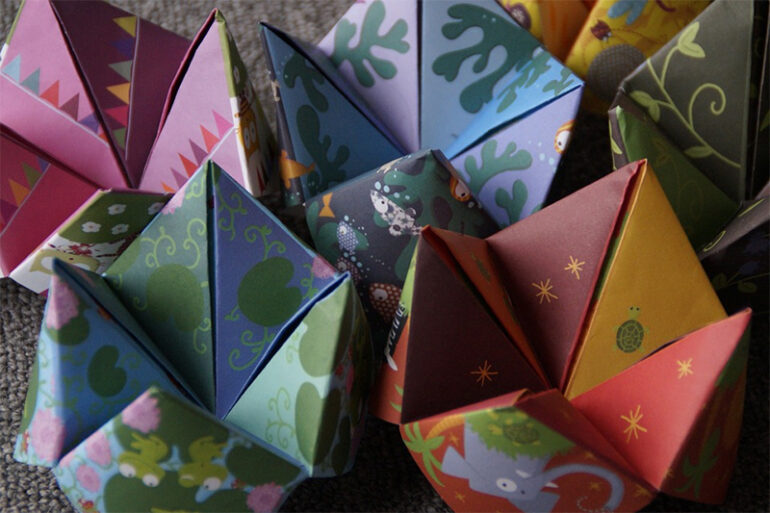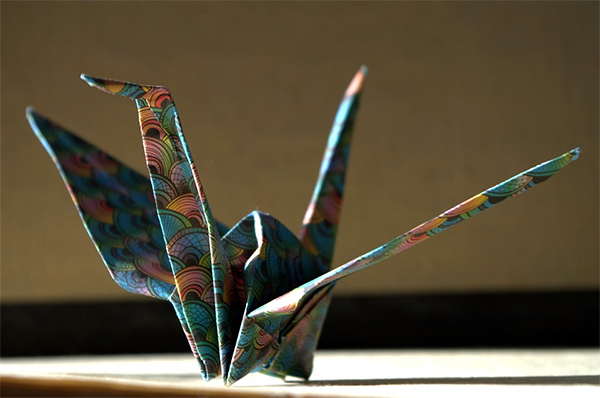We all know that one of the most significant contributions of Japanese culture to the arts is the craft of paper folding – origami. Originally known as orikata, meaning folded shapes, we can trace the term origami from the words “oru” (to fold) and “kami” (paper). It entails crafting objects out of paper without using glue, markings, or cutting. All you need to do is to sculpt the paper into your desired shape with clever manipulation. It can be challenging as origami entails intense concentration and focus to achieve the perfect shape and form. You need to achieve an ideal balance in your effort because you wouldn’t want to tear it apart and start over.
From a single flat piece of paper, you can make a thousand things come to life. Truth be told, the limits of origami are the limits of your imagination. You can create stunning sceneries just by repeatedly crafting the same thing and arranging them accordingly. You can create anything as long as you can figure out a way to fold it and make it stand as necessary.
Aside from being an engaging hobby that can take a lot of your spare time, let’s take a look at how origami can positively affect your life.
It improves eye-hand coordination
As we age, we all slightly lose eye-hand coordination. It’s because we rarely use our hands and eyes in coordination anymore. While it may be because of stiff joints and other similar aches, we still need to improve our eye-hand coordination even as we age. Origami helps because your fingers constantly move, and you need your eyes to continue focusing to avoid mistakes.
It sharpens your cognitive level
One of the best effects of indulging in origami is that it sharpens your cognitive level. It’s a reality that when we age, we tend to lose a mental step or two, but with origami, you’re constantly pressed to follow instructions, so your mind continues to stay sharp. The synapses continue to work, so your brain figures out what you need to do. You engage not only the tactile but also the motor and visual areas of your brain, making it as active as possible. Your cognitive skills remain at par; thus, you’re able to perform such tasks efficiently. You learn new skills, and it helps to keep your mind occupied with creative thoughts.
It provides emotional satisfaction
Whenever you finish one project, you feel a sense of satisfaction. You see how many you’ve finished, and you marvel at how far you’ve come from struggling the first few tries until you’ve seemed to have mastered the art. This brings a smile to your face, and you beam for a while. This helps your body release good hormones, and you feel much better afterward. This may or may not be a placebo effect, but it does help you feel good about accomplishing something.
Final words
Origami has evolved through the years thanks to innovations and different strategies. However, what’s constant is that it’s a highly engaging activity that tests not only your patience but also helps to improve your mental acuity and wellness.
Photo Attribution:
1st and second image by https://pixabay.com/photos/origami-heaven-and-hell-folded-214883/
2nd image by https://pixabay.com/photos/origami-folds-paper-crane-japanese-3998383/

